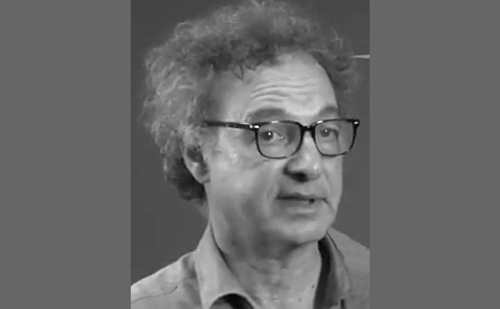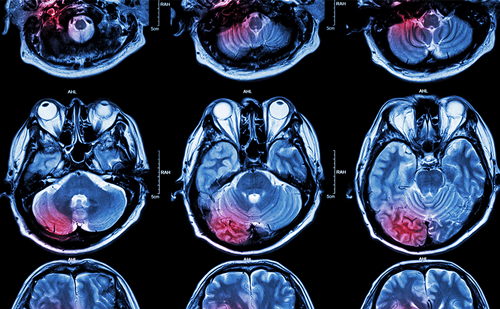Having been involved in the voluntary sector for the past 25 years, I have seen many changes in what is required ‘to prove the case’. Distress no longer has an impact and will not effect change, but evidence will.
With a changing demography, migration and many cultural differences to understand, there are great challenges facing healthcare professionals and the voluntary sector around the globe. They need to be flexible and responsive to these influences if they are to make a difference.
Having been involved in the voluntary sector for the past 25 years, I have seen many changes in what is required ‘to prove the case’. Distress no longer has an impact and will not effect change, but evidence will.
With a changing demography, migration and many cultural differences to understand, there are great challenges facing healthcare professionals and the voluntary sector around the globe. They need to be flexible and responsive to these influences if they are to make a difference.
With this thought in mind, journals such as European Neurological Review are important to healthcare professionals and the voluntary sector. They provide a much-needed opportunity to review developments in the management of neurological disorders and provide evidence to support their ‘case for change’. This issue follows its tradition of providing balanced and comprehensive articles written by leading authorities on neurodegenerative disease, brain trauma, multiple sclerosis, cervical dystonia, restless legs syndrome, epilepsy, headache, imaging, surgery and international health.
As Vice President of the European Parkinson’s Disease Association (EPDA) I am well aware that the incidence of Parkinson’s disease is increasing; overall cost estimates vary from country to country, but the largest component of direct costs is typically nursing home care, while prescription medications are the smallest contributor. In addition, indirect costs arising from lost productivity and carer burden are high and increasing. Although the most obvious symptoms of Parkinson’s disease affect movement, there is an increasing awareness in clinical practice that non-motor symptoms are of great importance in the successful management of the disease, and awareness of their impact must be highlighted.
It is accepted that there is substantially less cost to society when neurological conditions are treated early and properly, but still throughout Europe there is a lack of experts, delayed and inaccurate diagnoses, inflexible pricing and reimbursement schemes and concerns over the availability of and access to medication.
The EPDA helps to support over 1.2 million people with Parkinson’s disease and their families across Europe. This is a responsibility that we treat with respect, recognising the need for increased awareness, lobbying, education, communication, information, healthcare and research if we are to achieve one of our primary aims, which is to place Parkinson’s disease on the European agenda. Working in partnership with our 43 European member organisations, decision-makers, healthcare professionals and the treatment industry, we will achieve this aim so that change can be effected for the betterment of people with Parkinson’s disease and their families throughout Europe.
As I have recently become a member of the European Neurological Review Editorial Board I have been invited to provide the foreword for this edition. I would therefore like to thank everyone involved in its production for their guidance and advice, with a special thank you to the individual authors for their time and expertise in producing such excellent material. This collection of reviews will provide much-needed information that can be used in a variety of ways across Europe for the benefit of people affected by neurological conditions. ■












